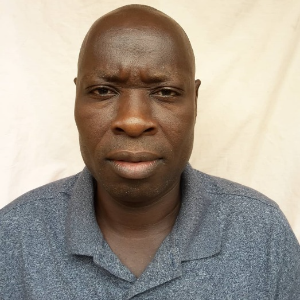Title : Stem cutting approach for producing Combretum micranthum G. Don, a medicinal melliferous plant in Tropical Savannah areas
Abstract:
Combretum micranthum is a wild medicinal melliferous tree from the tropical regions. As it is not domesticated and is intensively harvested, it is threatened to extinction and such extinction will hinder its ecological functions, the sociocultural and magico medicinal knowledge the community have developed around it. It urges then to develop suitable methods for its propagation and restoration in the entire tropical world. Beside the seed gemination which take too much time and yields genetically divergent seedling, stem cutting is an approach that helps maintain the genetic traits of the plant for the targeted pharmacological properties. At a nursery of the Republic of Benin, the most effective harvest season, the parts of the branch yielding the best vigorous seedlings and the optimal transplantation time were determined. The results showed that dry season cuttings yielded the best vigorous seedlings rate. Dry season Basal cuttings had the best survival rate while apical cuttings from the same season had the best vigorous seedlings rate at 43% versus 23% for the basal cuttings. Intermediate cuttings yielded low vigorous plantlets. The optimum nursery time was 90 days regardless of the harvest season. The technology did not require any root activator and the vigorous seedlings were available during the relevant reforestation season.
Keywords: Medicinal Plant, Melliferous Plant, Nursery, Stem Cuttings, Seedling, Tropical Area, Conservation.



